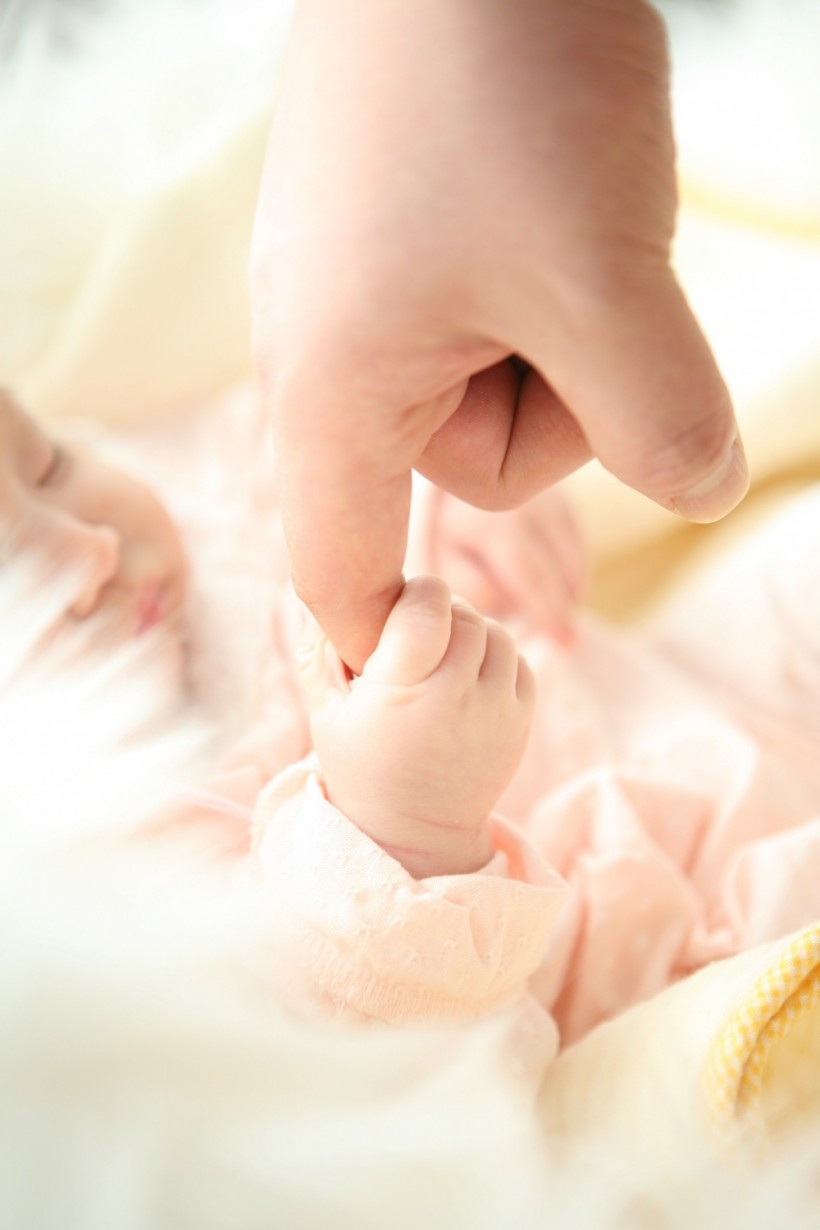
(Photo : Pixabay via Pexels)
Pregnant women with disabilities are at higher risk for pregnancy complications associated with maternal mortality, including blood clotting, infection, and hemorrhaging, new research in the Journal of the American Medical Association Network Open reveals. They're also 11 times as likely to die of pregnancy or birthing than pregnant women without disabilities. "There are a lot of societal factors that contribute to these poor health outcomes and prenatal care," comments Jessica Gleason, a research fellow at the Eunice Kennedy Shriver National Institute of Child Health and Human Development, who led the study. "We can't just put this all down to personal, individual health choices".
Severe health outcomes
In addition to being at increased risk for pregnancy and delivery-related complications (like gestational diabetes and preeclampsia, a potentially fatal hypertensive disorder), women with disabilities are also more likely to develop conditions like infection, blood clots, and heart attacks that can result in death during childbirth. Pregnant women with disabilities are also more likely to undergo obstetric interventions, which may include oxytocin to induce labor, use of vacuums, forceps, and other devices, or C-section delivery. In fact, women with disabilities are more likely to be given C-sections - which are generally riskier than vaginal births - without clear medical reasons. Moreover, medical interventions during birth also run the risk of resulting in birth injury to the child. For example, erb's palsy is a nervous system injury typically caused during newborn delivery, resulting in arm weakness and loss of motion. Fortunately, birth injury settlements can provide erbs palsy help in the form of financial compensation for medical bills and reduced quality of life.
Barriers to care
"Women with disabilities have long been ignored in obstetric research and clinical practice," explains Hilary Brown, an assistant professor at the University of Toronto at Scarborough. Pregnant women with disabilities commonly report their healthcare providers as being dismissive, uneducated, or unable to help with their individual needs. Indeed, medical providers typically aren't trained in treating pregnant women with disabilities - despite their pregnancy rates being similar to their non-disabled counterparts. Patients are also largely unaware of ways their disability may affect their pregnancy and vice versa.
Safer, healthier pregnancies
Mandatory disability training for healthcare professionals, including obstetricians and midwives, can help ensure people with disabilities have healthier, safer pregnancies, explains Brown. Gleason also notes more research is required to further clarify the root causes of maternal morbidity and mortality, as well as to understand the impact of specific disabilities on maternal outcomes. Reproductive health counseling is also essential to help pregnant women understand their options and individual risks, however it's not usually offered to people with disabilities. "There's this misconception for women entering prenatal care that this can be the time to intervene on all these health issues," said Gleason. "We should really be focusing on women's preconception health in general to improve pregnancy outcomes".
Ultimately, Brown calls the new research an "important contribution" to the existing body of knowledge. With greater awareness and understanding, much-needed changes can finally be made to improve healthcare for pregnant women with disabilities.
* This is a contributed article and this content does not necessarily represent the views of hngn.com








